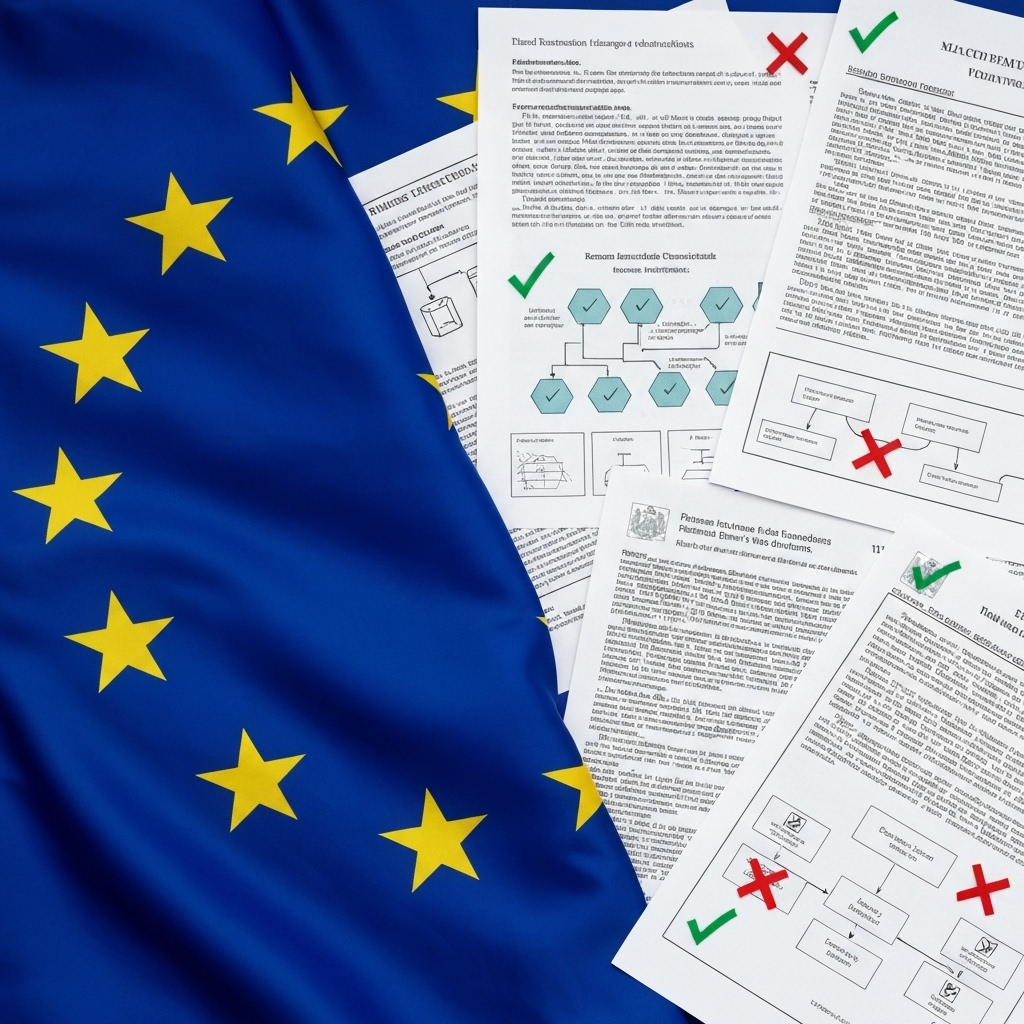European Union Proposes Unified Framework for Cryptocurrency Gambling Regulation
The EU's proposed legislation could standardize crypto gambling regulations across member states, impacting millions of players.

The European Union has unveiled a comprehensive proposal for regulating cryptocurrency gambling across all member states, potentially creating the world's first unified framework for digital asset gaming. The proposed legislation, known as the Digital Gaming Assets Regulation (DGAR), aims to standardize rules while ensuring consumer protection and preventing money laundering.
The framework addresses key areas including operator licensing, player verification requirements, responsible gambling measures, and cryptocurrency transaction monitoring. If approved, the regulation would require all crypto gambling operators serving EU customers to obtain licenses from designated national authorities.
"This regulation represents a balanced approach that recognizes the innovation potential of cryptocurrency gambling while ensuring appropriate safeguards," explained Commissioner Elena Vasquez, who leads the EU's digital finance initiatives. "Our goal is to create a safe, transparent environment that benefits both operators and players."
Key Provisions
Key provisions include mandatory segregation of player funds in licensed financial institutions, real-time transaction monitoring for amounts exceeding €10,000, and standardized responsible gambling tools across all platforms. Operators would also be required to maintain detailed records of all cryptocurrency transactions for regulatory review.
The proposal has generated mixed reactions from industry stakeholders. While some operators welcome the regulatory clarity, others express concerns about compliance costs and the potential impact on innovation. Several major crypto casinos have already begun preparing for potential implementation by upgrading their compliance systems.
Implementation Timeline
Consumer advocacy groups have largely praised the proposal, particularly provisions requiring clear disclosure of odds, transparent bonus terms, and enhanced dispute resolution mechanisms. The framework also includes provisions for cross-border cooperation in investigating gambling-related crimes.
The legislative process is expected to take 18-24 months, with implementation likely beginning in late 2026. During this period, the EU will conduct extensive consultations with industry stakeholders, consumer groups, and member state regulators to refine the framework.